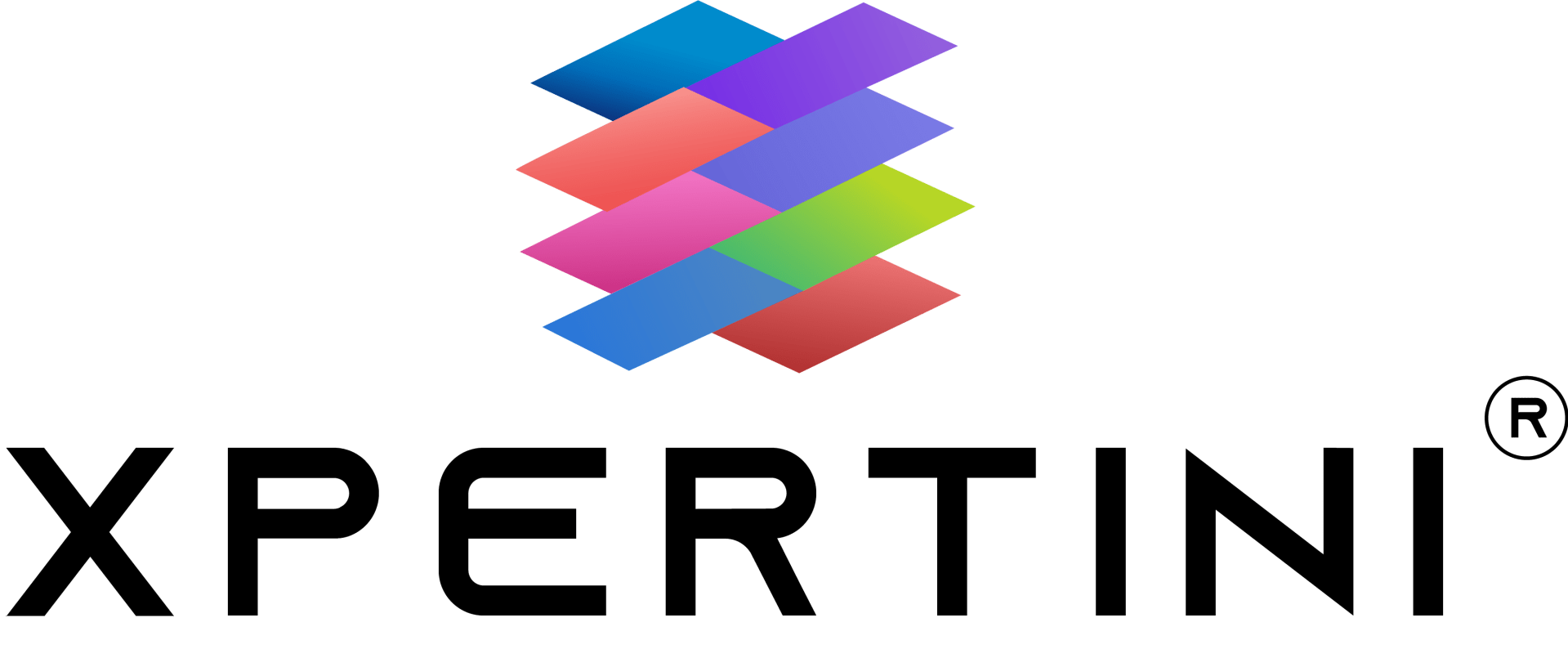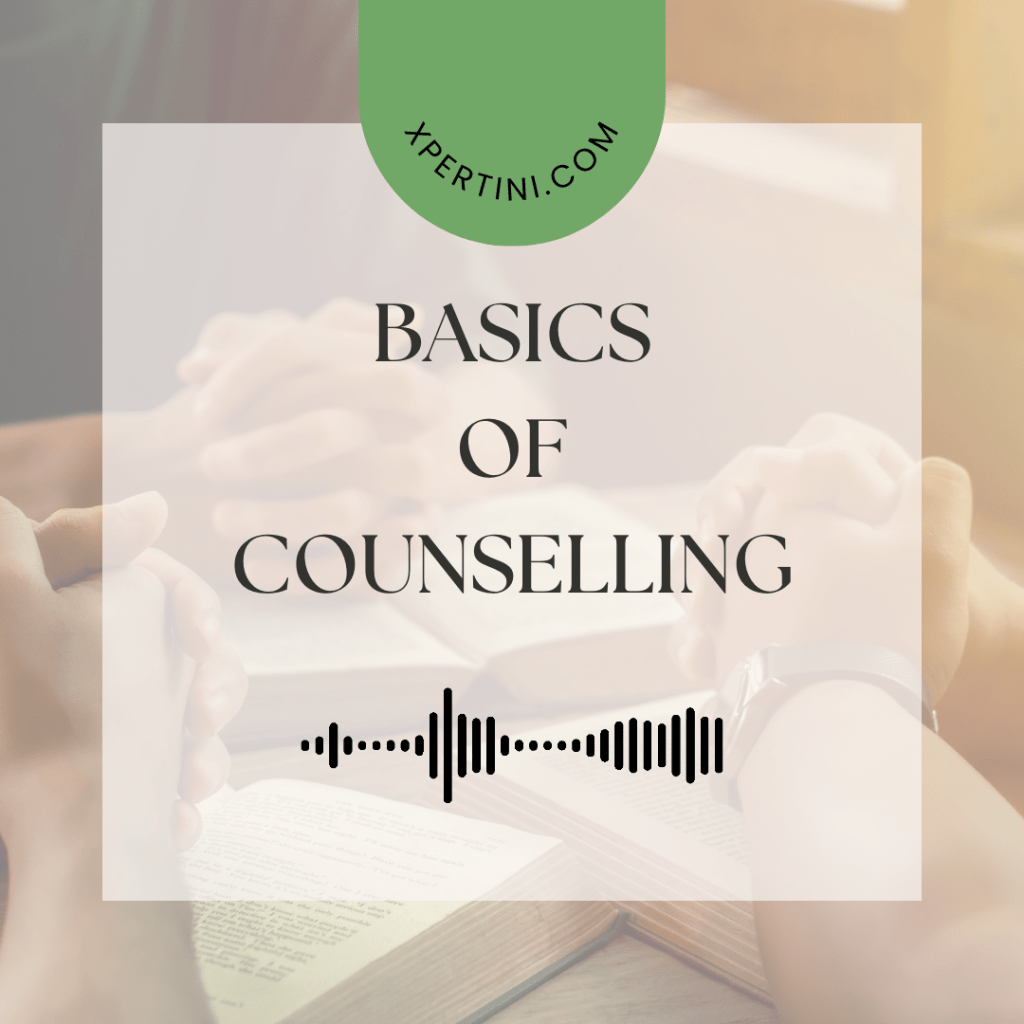Basics of Counselling
Course Summary
This comprehensive counselling course navigates the foundational principles and dimensions of the counselling profession. Delving into the Basics of counselling , the course is a critical exploration for those aspiring to enter this field or seeking to augment their existing knowledge.
The journey commences with an Introduction, providing a structural overview and emphasizing the pivotal role of counselling in personal and professional settings. Historical Perspective unfolds the evolution of counselling as a discipline, introducing key figures and milestones that have shaped its development.
Foundations of counselling Theories introduces major counselling paradigms, from psychodynamic to humanistic and cognitive-behavioral, elucidating their strengths and limitations. Participants gain a nuanced understanding of the diverse theoretical approaches that underpin effective counselling practice.
Counselling Skills and Techniques delve into the core competencies, emphasizing active listening, empathy, and rapport building. Through practice sessions and role-playing exercises, participants refine their skills.
Ethics and Boundaries in counselling navigates the ethical principles that govern the profession, fostering discussions on maintaining professional boundaries. This lesson highlights that ethical considerations are interwoven into the fabric of counselling practice.
The course then explores Assessment and Diagnosis, equipping participants with techniques to identify and address mental health challenges ethically. Cultural Competence in counselling underscores the importance of cultural awareness, guiding individuals in building strategies for cultural competence.
Addressing Common Mental Health Challenges provides insights into working with issues such as anxiety, depression, and trauma. Participants develop intervention plans grounded in evidence-based practices, reflecting the dynamic nature of the counselling landscape.
Reflective Practice concludes the theoretical journey, immersing participants in techniques for self-reflection and continuous improvement. Peer feedback and collaborative learning become integral components, creating reflective communities within the counselling profession.
The course culminates with an exploration of Career Opportunities, offering a panoramic view of diverse paths within counselling . Participants gain guidance on professional development and specialization opportunities, ensuring they are well-prepared for their journey in this dynamic and impactful profession.
Course Overview
This course provides a foundational understanding of counselling principles and practices. Participants will explore the essential skills and knowledge required for a career in counselling , fostering both personal and professional growth.
Course Objectives
Develop a foundational understanding of counselling theories and techniques.
Acquire practical counselling skills applicable in various contexts.
Explore the ethical considerations and boundaries in the counselling profession.
Enhance self-awareness and interpersonal communication skills.
Understand the historical evolution of counselling as a discipline.
Gain insights into diverse counselling approaches and their applications.
Learn to assess and address mental health challenges effectively.
Foster empathy and cultural competence in counselling interactions.
Develop a reflective practice to continuously improve counselling skills.
Explore potential career paths and opportunities in the field of counselling .
Course Outcomes
Identify and apply key counselling theories in practical scenarios.
Demonstrate effective application of counselling techniques in simulated counselling sessions.
Create and implement a personalized counselling intervention plan.
Analyze and address ethical dilemmas commonly encountered in counselling .
Reflect on counselling interactions, identifying areas for improvement and growth.
Recognize the importance of cultural competence in counselling and actively seek to enhance awareness.
Demonstrate the ability to adapt counselling approaches to diverse client populations.
Apply counselling skills in addressing common mental health challenges.
Engage in role-playing exercises to enhance practical counselling skills.
Showcase understanding of various counselling approaches.
Course Audience
Individuals aspiring to pursue a career in counselling .
Professionals in related fields seeking to enhance their counselling skills.
Students or individuals interested in understanding the basics of counselling.

